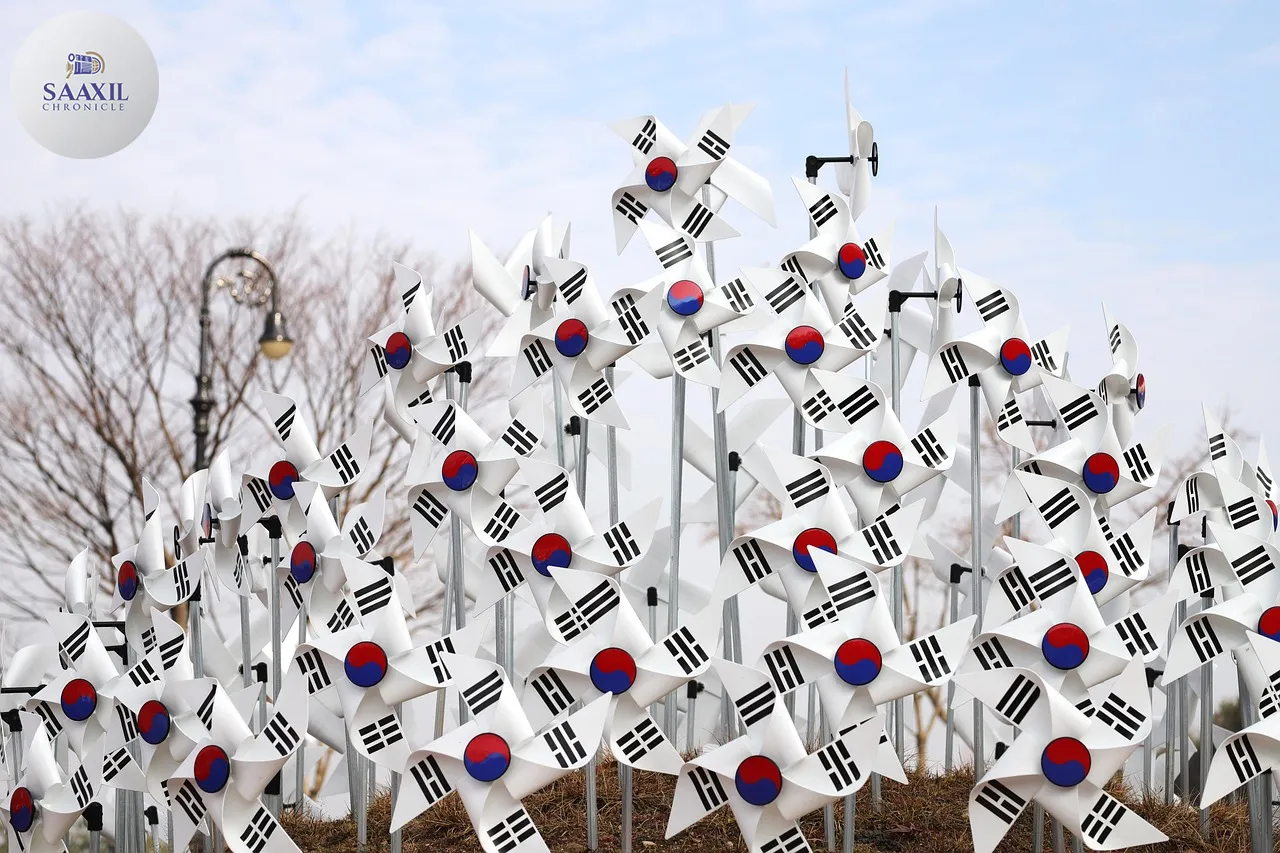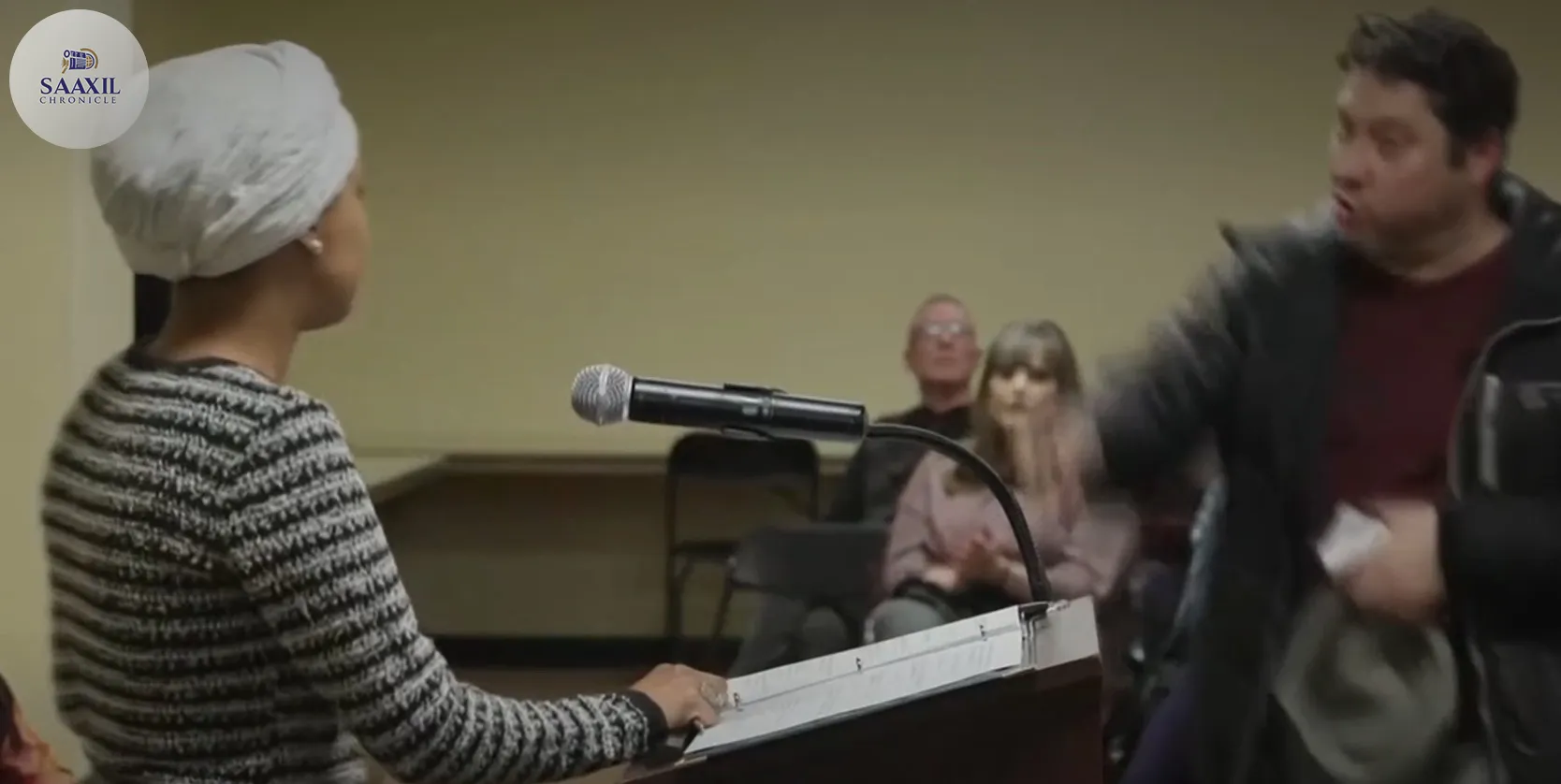In a landmark decision, South Korea’s Constitutional Court has upheld the impeachment of President Yoon Suk Yeol, citing violations of his constitutional duties. The ruling, delivered on 3 April 2025, marks a significant moment in South Korean political history, as Yoon becomes the first sitting president to be removed from office through impeachment. This decision paves the way for a new presidential election, which must be held within 60 days.
The court’s unanimous decision came after weeks of intense political drama and public demonstrations both for and against Yoon. The impeachment was initially passed by the National Assembly following allegations that Yoon attempted to impose martial law, a move that many saw as a grave overreach of presidential power.

Constitutional Court’s Ruling
The Constitutional Court’s decision to uphold the impeachment was based on what it described as Yoon’s “persistent disregard for constitutional duties.” The court highlighted that the president’s alleged plan to implement martial law was not only unconstitutional but also posed a severe threat to the democratic framework of the nation.
Chief Justice Lee Jin-soo stated, “President Yoon’s actions were a direct violation of the democratic principles enshrined in our constitution. His intent to impose martial law was a serious breach of trust placed in him by the citizens of South Korea.”
Legal experts have noted that the court’s ruling underscores the strength of South Korea’s democratic institutions and their ability to hold even the highest office accountable. The decision is seen as a reaffirmation of the rule of law and a warning against the abuse of executive power.
Political Repercussions
The removal of President Yoon has sent shockwaves throughout South Korea’s political landscape. The ruling party, which had supported Yoon, now faces the daunting task of regrouping and selecting a candidate who can lead them into the upcoming election. The opposition, on the other hand, sees this as an opportunity to regain power and influence.
Political analyst Kim Eun-jung commented, “This is a pivotal moment for South Korean politics. The upcoming election will not only determine the next president but will also set the tone for how the country addresses issues of executive power and democratic governance.”
Public sentiment has been mixed, with some citizens expressing relief at the court’s decision, while others remain supportive of Yoon, viewing the impeachment as politically motivated. Nationwide protests have been a common sight, with both sides vocalising their perspectives.
Immediate Implications for Governance
With Yoon’s removal, Prime Minister Kim Jong-ho has assumed the role of acting president until a new leader is elected. Kim’s primary responsibility is to ensure stability and continuity in government functions during this transitional period.
The acting president has urged all political parties to work together to maintain national unity and focus on the pressing issues facing the country. “Our priority is to uphold the democratic process and ensure a smooth transition of power,” Kim stated in a press conference following the court’s decision.
Government agencies and ministries have been instructed to continue their operations without interruption, and there have been assurances that international relations and economic policies will remain stable during this time.
Economic and Social Impact
The political upheaval comes at a time when South Korea is dealing with significant economic challenges, including a sluggish growth rate and rising unemployment. Economists warn that prolonged political instability could further affect investor confidence and economic recovery.
However, some experts believe that the court’s decision might eventually lead to positive outcomes. “By reinforcing the rule of law and democratic principles, South Korea may enhance its reputation as a stable democracy, which could attract more foreign investment in the long run,” said Park Min-soo, an economist at the Korea Development Institute.
Socially, the events have sparked widespread discussions on the importance of democratic values and the need for political leaders to adhere to constitutional limits. Educational institutions and civic groups have organised forums to engage the public in discussions about democracy and governance.
Looking Ahead
As South Korea prepares for a new presidential election, the focus will be on candidates who can address the current political and economic challenges while restoring public trust in leadership. The election is expected to be closely watched both domestically and internationally, as it will determine the future direction of the country’s policies and governance.
The next few weeks will be crucial for political parties as they select their candidates and define their platforms. Voter engagement and turnout will likely play a significant role in shaping the outcome of the election.
As the nation moves forward, the recent events serve as a reminder of the importance of upholding democratic principles and the power of the judiciary in safeguarding these values. South Korea stands at a crossroads, with the potential for both challenges and opportunities on the horizon.




